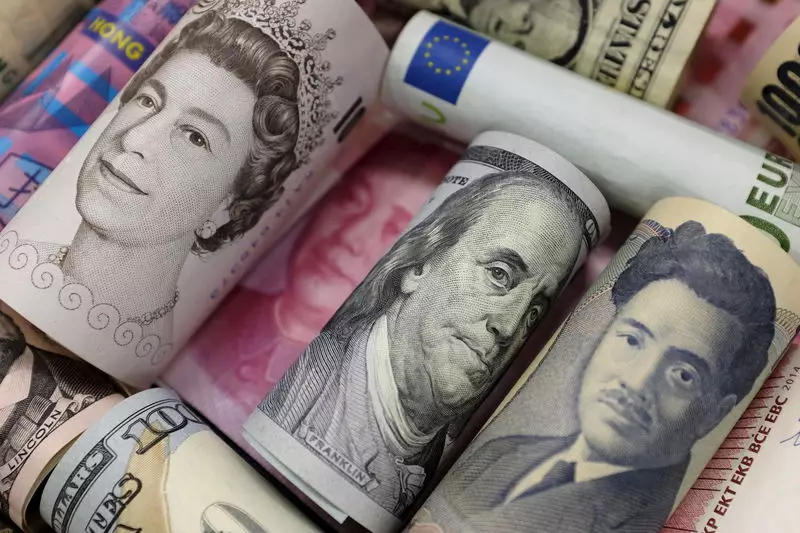President Vladimir Putin recently outlined his vision for Russia’s economic future at the St Petersburg International Economic Forum. He emphasized the need to reduce imports, increase the use of non-Western currencies in trade settlements, and expand the country’s domestic financial markets. Putin highlighted the significant growth in trade with Asia and the shift towards using the Russian rouble in external trade, as opposed to traditional Western currencies like the US dollar and the euro. Additionally, Putin mentioned the importance of boosting the share of settlements conducted in the currencies of BRICS countries – Brazil, Russia, India, China, and South Africa.
Putin highlighted the declining share of payments for Russian exports in currencies of “unfriendly states”, referring to Western nations that have imposed sanctions on Russia over the conflict in Ukraine. He stressed the need to decrease imports by promoting competitive production and increasing investment in fixed assets by 60% by 2030. This strategy aims to strengthen Russia’s economic independence and reduce its vulnerability to external pressures.
In addition to reducing imports and promoting the use of non-Western currencies, Putin outlined plans to double the value of the Russian stock market by the end of the decade. He aims for the stock market value to reach two-thirds of the country’s GDP, signaling a significant expansion of Russia’s domestic financial markets. By increasing the efficiency and security of foreign trade settlements and enhancing cooperation within the BRICS group, Russia seeks to bolster its economic resilience and minimize its exposure to external economic risks.
Overall, Putin’s vision for Russia’s economic future emphasizes the importance of reducing imports, boosting the use of non-Western currencies, and expanding domestic financial markets. By diversifying trade partners, enhancing financial market stability, and promoting investment in key sectors, Russia aims to strengthen its economic independence and mitigate the impact of external pressures. While challenges lie ahead, Putin’s strategic approach to economic development reflects a proactive stance aimed at securing Russia’s long-term economic prosperity.

